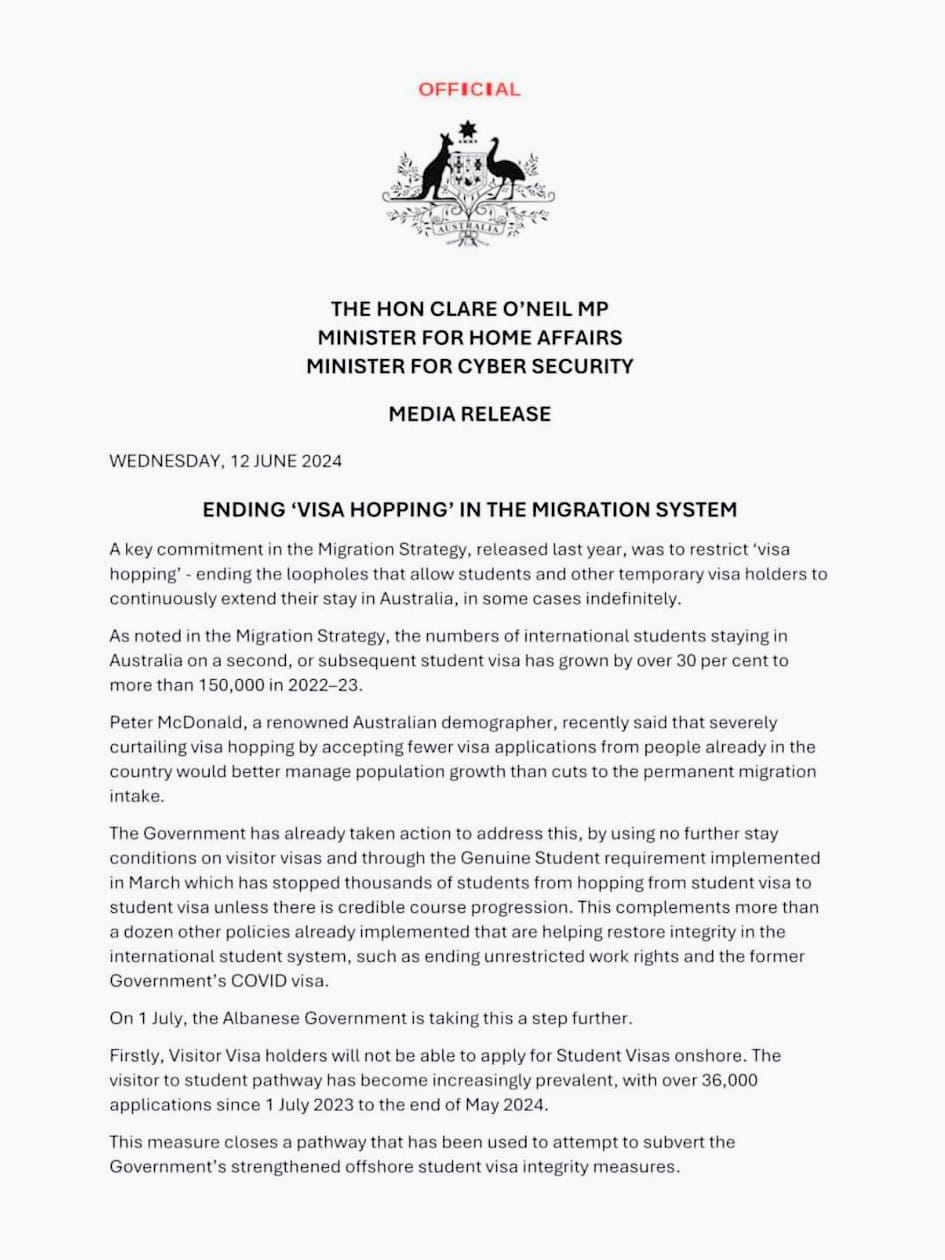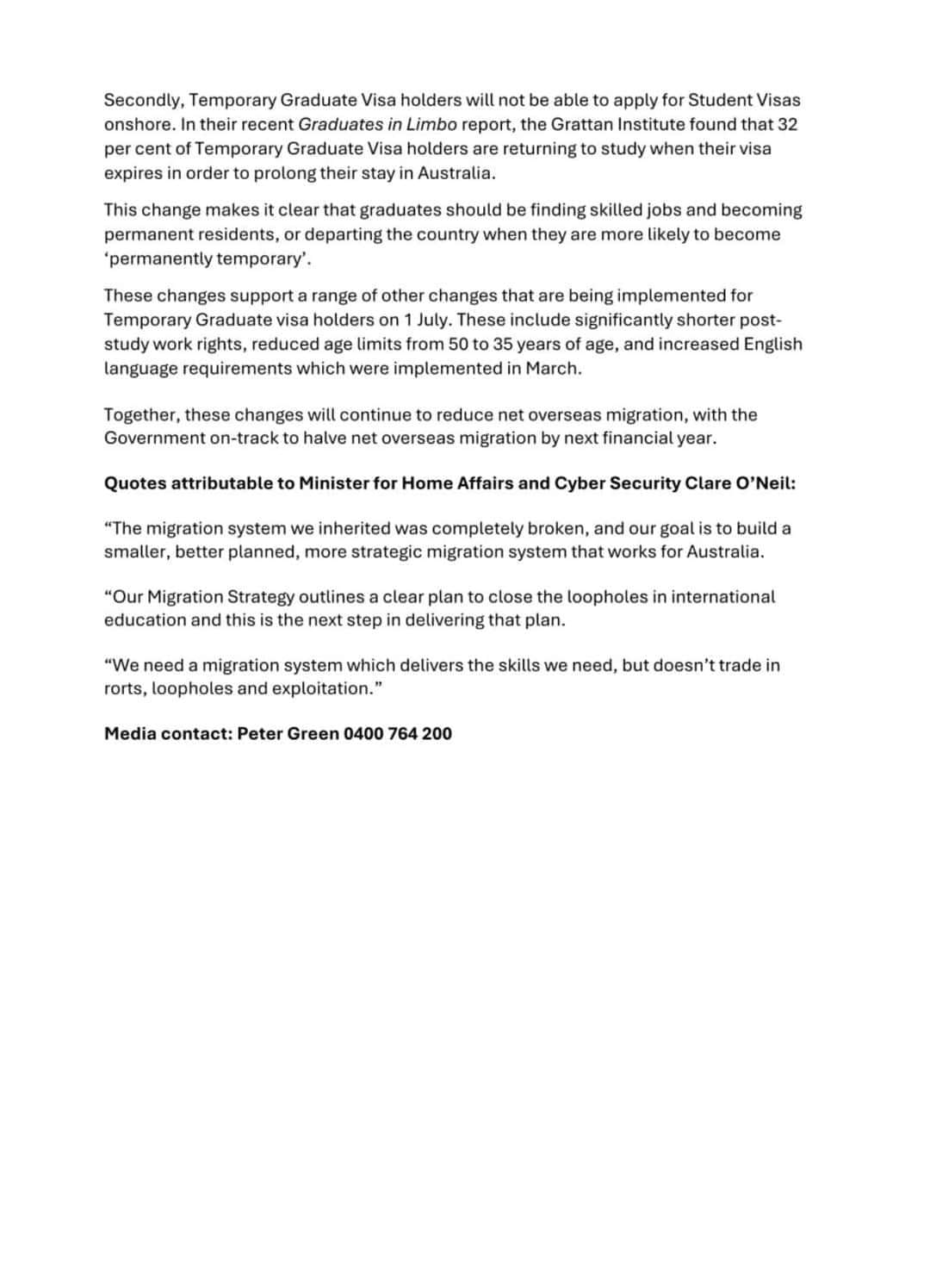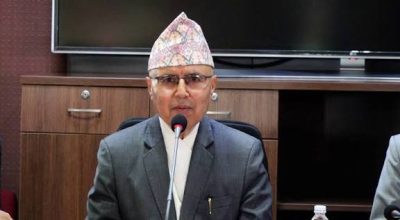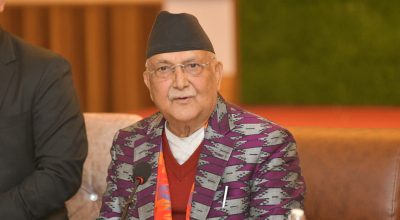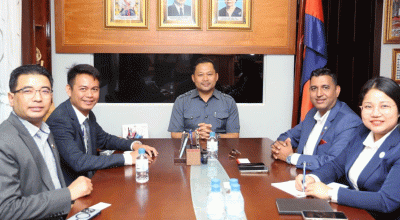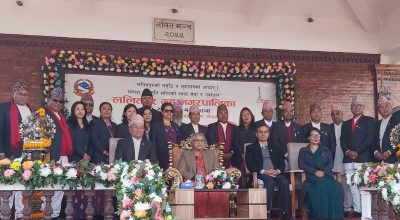
Kathmandu, June 12: A key commitment in the Migration Strategy, released last year, was to restrict ‘visa hopping’ – ending the loopholes that allow students and other temporary visa holders to continuously extend their stay in Australia, in some cases indefinitely.
As noted in the Migration Strategy, the numbers of international students staying in Australia on a second, or subsequent student visa has grown by over 30 per cent to more than 150,000 in 2022-23.
Peter McDonald, a renowned Australian demographer, recently said that severely curtailing visa hopping by accepting fewer visa applications from people already in the country would better manage population growth than cuts to the permanent migration intake, Australian Government has said.
The Government has already taken action to address this, by using no further stay conditions on visitor visas and through the Genuine Student requirement implemented in March which has stopped thousands of students from hopping from student visa to student visa unless there is credible course progression. This complements more than a dozen other policies already implemented that are helping restore integrity in the international student system, such as ending unrestricted work rights and the former Government’s COVID visa.
On 1 July, the Albanese Government is taking this a step further.
Firstly, Visitor Visa holders will not be able to apply for Student Visas onshore. The visitor to student pathway has become increasingly prevalent, with over 36,000 applications since 1 July 2023 to the end of May 2024.
This measure closes a pathway that has been used to attempt to subvert the Government’s strengthened offshore student visa integrity measures.
Secondly, Temporary Graduate Visa holders will not be able to apply for Student Visas onshore. In their recent Graduates in Limbo report, the Grattan Institute found that 32 per cent of Temporary Graduate Visa holders are returning to study when their visa expires in order to prolong their stay in Australia.
This change makes it clear that graduates should be finding skilled jobs and becoming permanent residents, or departing the country when they are more likely to become ‘permanently temporary’.
These changes support a range of other changes that are being implemented for Temporary Graduate visa holders on 1 July. These include significantly shorter post- study work rights, reduced age limits from 50 to 35 years of age, and increased English language requirements which were implemented in March.
Together, these changes will continue to reduce net overseas migration, with the Government on-track to halve net overseas migration by next financial year.
Minister for Home Affairs and Cyber Security Clare O’Neil has said, “The migration system we inherited was completely broken, and our goal is to build a smaller, better planned, more strategic migration system that works for Australia. Our Migration Strategy outlines a clear plan to close the loopholes in international education and this is the next step in delivering that plan. We need a migration system which delivers the skills we need, but doesn’t trade in rorts, loopholes and exploitation.”
